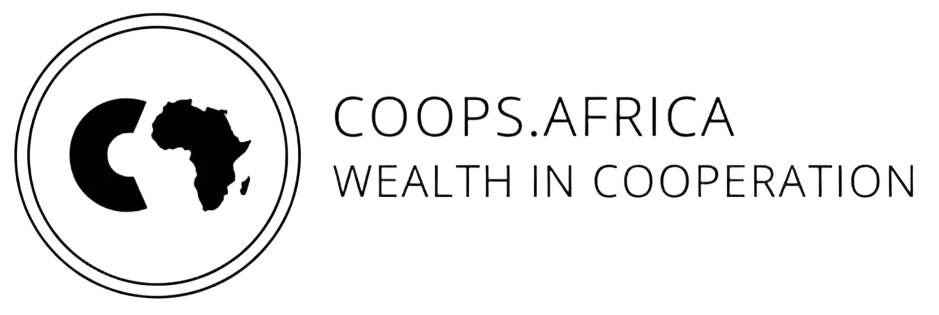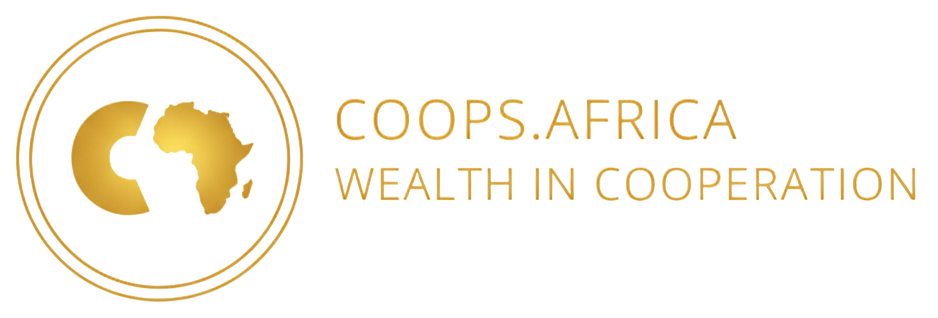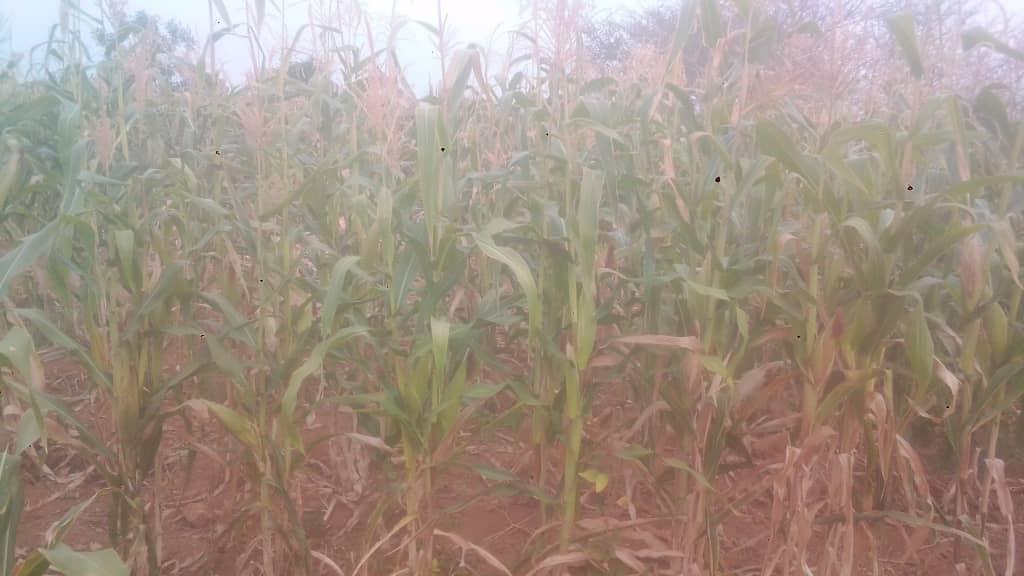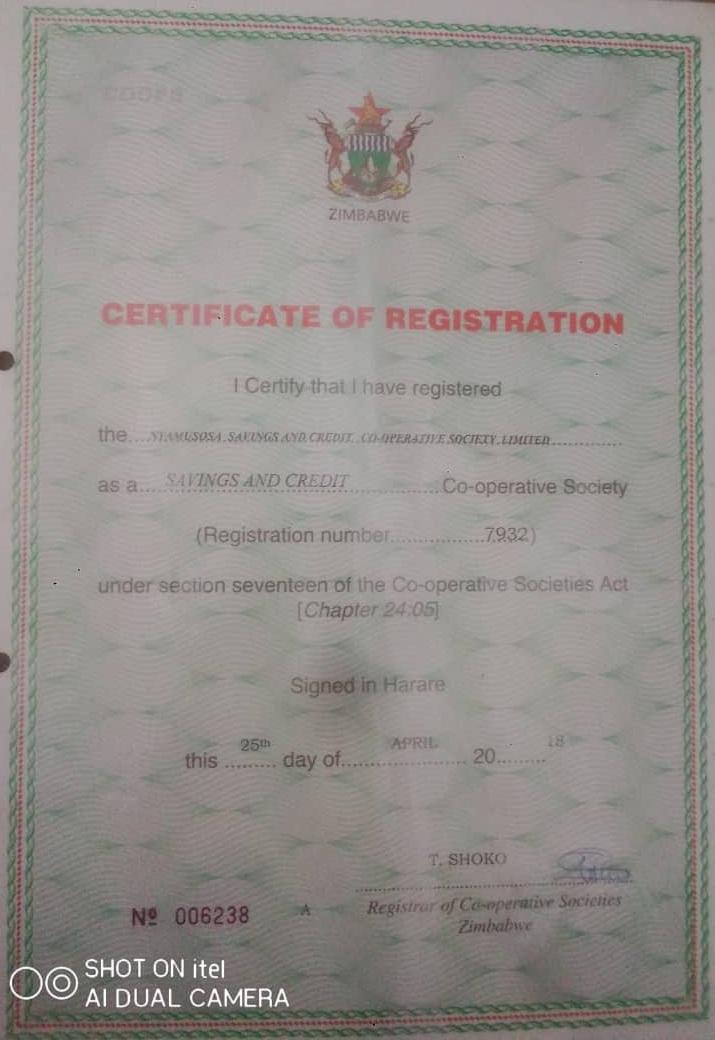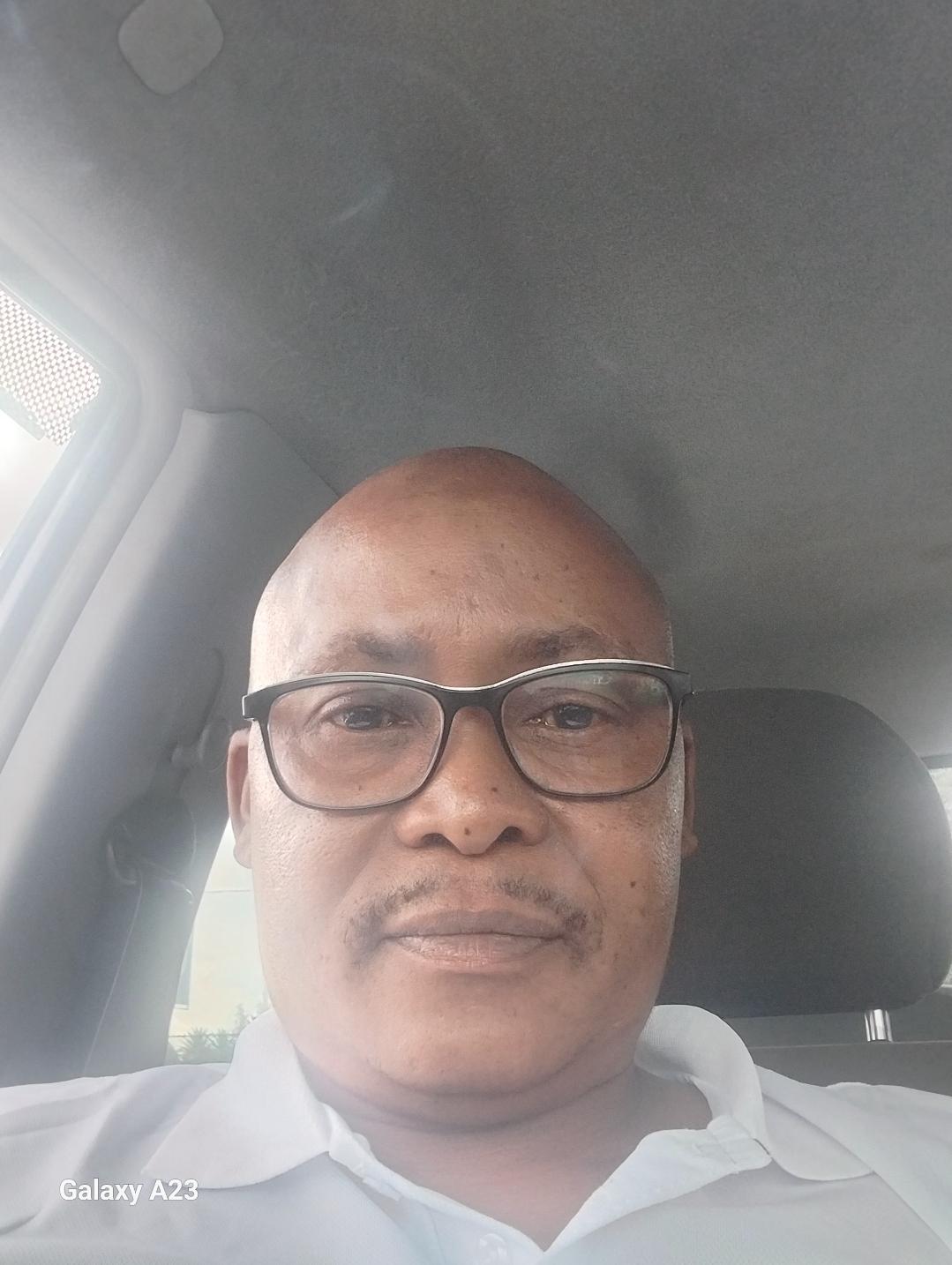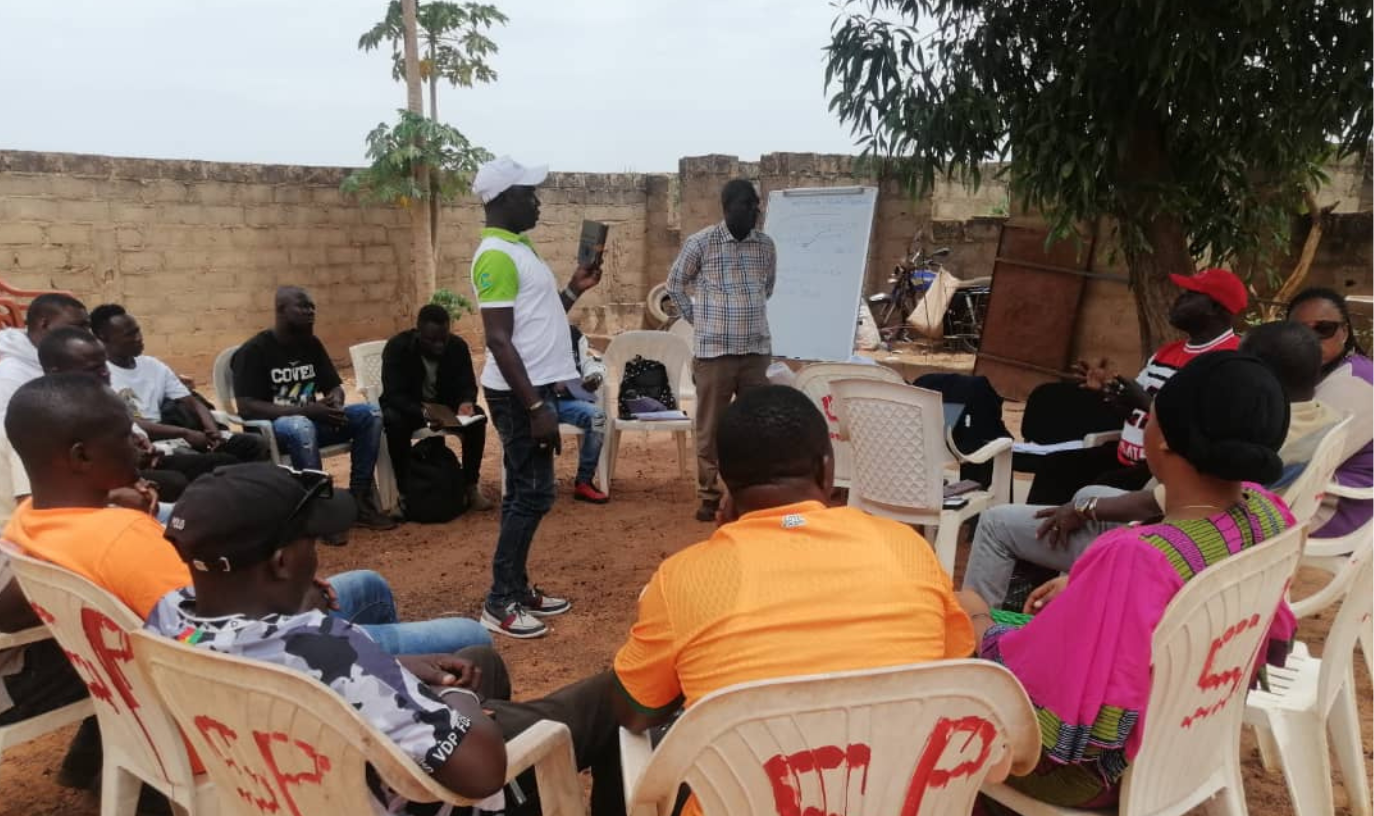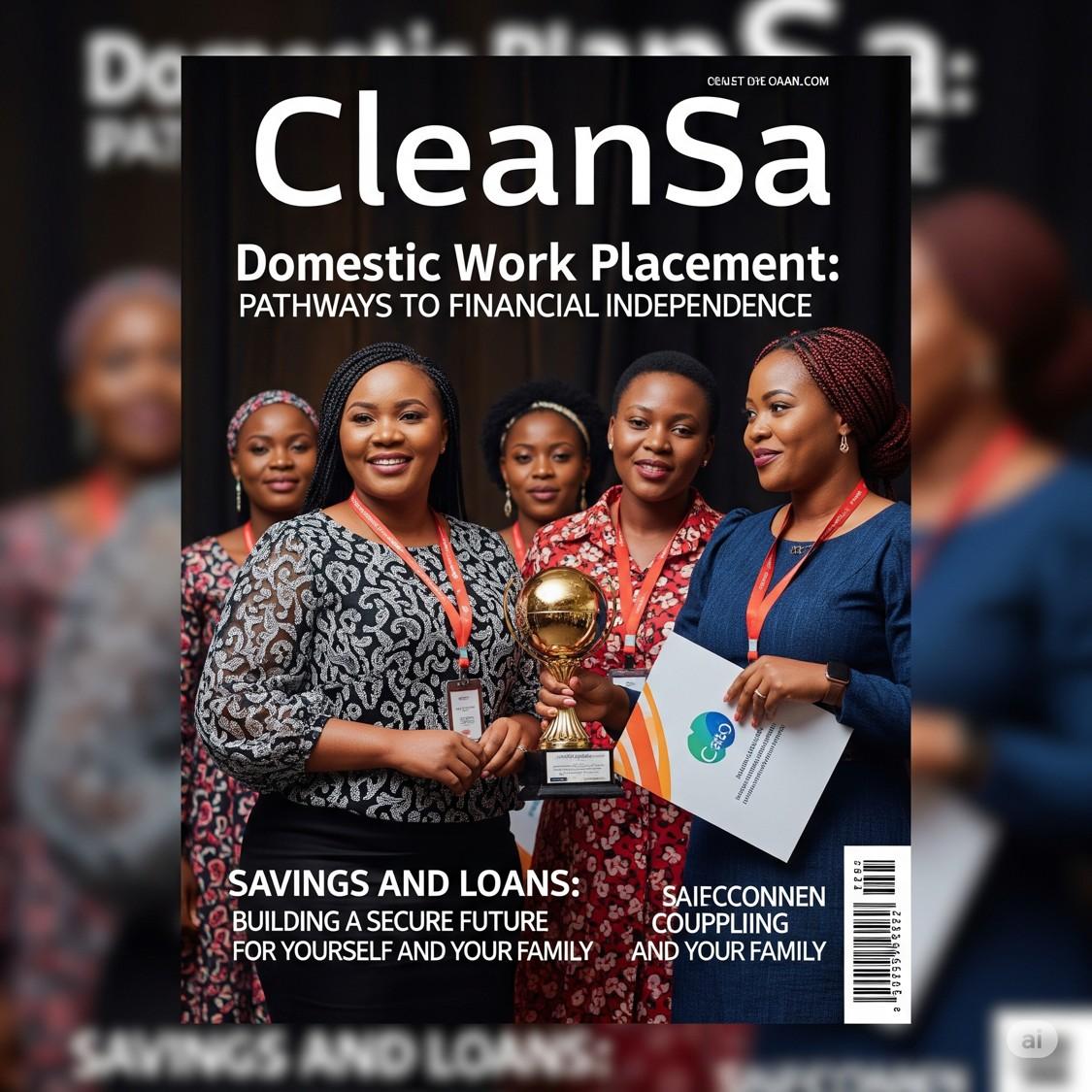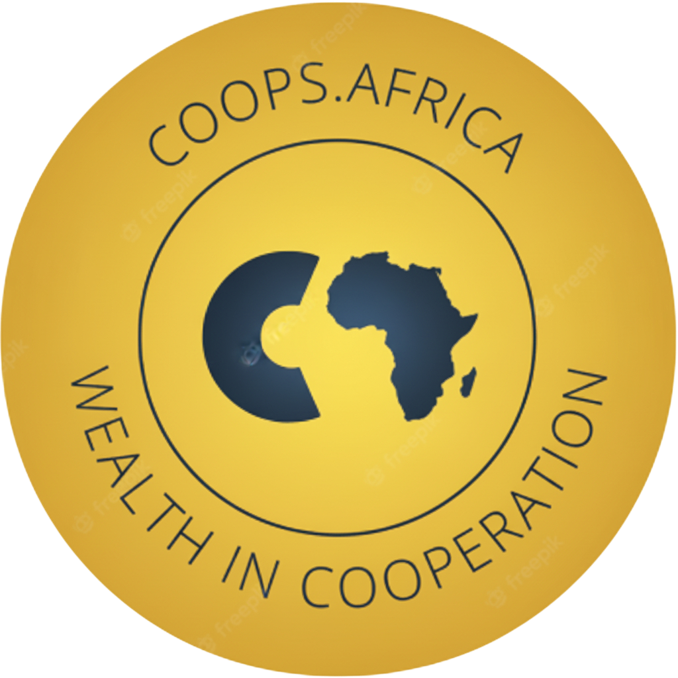Mises à jour récentes
Pays
Pays
Africa
Afghanistan
Albania
Algeria
American Samoa
Andorra
Angola
Anguilla
Antarctica
Antigua and Barbuda
Argentina
Armenia
Aruba
Australia
Austria
Azerbaijan
Bahamas
Bahrain
Bangladesh
Barbados
Belarus
Belgium
Belize
Benin
Bermuda
Bhutan
Bolivia
Bosnia and Herzegovina
Botswana
Bouvet Island
Brazil
British Indian Ocean Territory
Brunei Darussalam
Bulgaria
Burkina Faso
Burundi
Cambodia
Cameroon
Canada
Cape Verde
Cayman Islands
Central African Republic
Chad
Chile
China
Christmas Island
Cocos (Keeling) Islands
Colombia
Comoros
Congo
Cook Islands
Costa Rica
Croatia (Hrvatska)
Cuba
Cyprus
Czech Republic
Denmark
Djibouti
Dominica
Dominican Republic
East Timor
Ecuador
Egypt
El Salvador
Equatorial Guinea
Eritrea
Estonia
Ethiopia
Falkland Islands (Malvinas)
Faroe Islands
Fiji
Finland
France
France, Metropolitan
French Guiana
French Polynesia
French Southern Territories
Gabon
Gambia
Georgia
Germany
Ghana
Gibraltar
Guernsey
Greece
Greenland
Grenada
Guadeloupe
Guam
Guatemala
Guinea
Guinea-Bissau
Guyana
Haiti
Heard and Mc Donald Islands
Honduras
Hong Kong
Hungary
Iceland
India
Isle of Man
Indonesia
Iran (Islamic Republic of)
Iraq
Ireland
Israel
Italy
Ivory Coast
Jersey
Jamaica
Japan
Jordan
Kazakhstan
Kenya
Kiribati
Korea, Democratic People's Republic of
Korea, Republic of
Kosovo
Kuwait
Kyrgyzstan
Lao People's Democratic Republic
Latvia
Lebanon
Lesotho
Liberia
Libyan Arab Jamahiriya
Liechtenstein
Lithuania
Luxembourg
Macau
Macedonia
Madagascar
Malawi
Malaysia
Maldives
Mali
Malta
Marshall Islands
Martinique
Mauritania
Mauritius
Mayotte
Mexico
Micronesia, Federated States of
Moldova, Republic of
Monaco
Mongolia
Montenegro
Montserrat
Morocco
Mozambique
Myanmar
Namibia
Nauru
Nepal
Netherlands
Netherlands Antilles
New Caledonia
New Zealand
Nicaragua
Niger
Nigeria
Niue
Norfolk Island
Northern Mariana Islands
Norway
Oman
Pakistan
Palau
Palestine
Panama
Papua New Guinea
Paraguay
Peru
Philippines
Pitcairn
Poland
Portugal
Puerto Rico
Qatar
Reunion
Romania
Russian Federation
Rwanda
Saint Kitts and Nevis
Saint Lucia
Saint Vincent and the Grenadines
Samoa
San Marino
Sao Tome and Principe
Saudi Arabia
Senegal
Serbia
Seychelles
Sierra Leone
Singapore
Slovakia
Slovenia
Solomon Islands
Somalia
South Africa
South Georgia South Sandwich Islands
Spain
Sri Lanka
St. Helena
St. Pierre and Miquelon
Sudan
Suriname
Svalbard and Jan Mayen Islands
Swaziland
Sweden
Switzerland
Syrian Arab Republic
Taiwan
Tajikistan
Tanzania, United Republic of
Thailand
Togo
Tokelau
Tonga
Trinidad and Tobago
Tunisia
Turkey
Turkmenistan
Turks and Caicos Islands
Tuvalu
Uganda
Ukraine
United Arab Emirates
United Kingdom
United States
United States minor outlying islands
Uruguay
Uzbekistan
Vanuatu
Vatican City State
Venezuela
Vietnam
Virgin Islands (British)
Virgin Islands (U.S.)
Wallis and Futuna Islands
Western Sahara
Yemen
Zaire
Zambia
Zimbabwe
-
0 Commentaires 0 Parts 4KB Vue 0 AperçuConnectez-vous pour aimer, partager et commenter!
-
0 Commentaires 0 Parts 5KB Vue 0 Aperçu
-
0 Commentaires 0 Parts 5KB Vue 66 0 Aperçu
-
Nyamusosa Savings & Credit Co-operative Society Limited, Registration Certificate 7932, Issued 25th April 2018 (Cert: No. 006238). Under section seventeenof the Co-operative Societies Act [Chapter 24:05]Nyamusosa Savings & Credit Co-operative Society Limited, Registration Certificate 7932, Issued 25th April 2018 (Cert: No. 006238). Under section seventeenof the Co-operative Societies Act [Chapter 24:05]0 Commentaires 0 Parts 5KB Vue 0 Aperçu
-
The "EAGLES" have landed
The "EAGLES" have landed 🦅😅0 Commentaires 0 Parts 6KB Vue 0 Aperçu -
Pharmaceutical Co-op Society Page Ajout d’un nouvel article Co-op-owned infrastructure2025-09-16 11:40:16 - Traduire -Why Professionals Should Join Pharmco Pharmaceutical Co-op SocietyPharmco is more than a cooperative — it is a movement of professionals who are turning Africa’s health and employment challenges into opportunities. For Chemical Engineers, Pharmacists, Microbiologists, Biotechnologists, Industrial Chemists and other specialists, Pharmco provides a platform to put your expertise to work, own the enterprise you help build and shape the future of...0 Commentaires 0 Parts 9KB Vue 0 Aperçu
-
Why Professionals Should Join Pharmco Pharmaceutical Co-op Society
Pharmco is more than a cooperative — it is a movement of professionals who are turning Zimbabwe’s health and employment challenges into opportunities. For Chemical Engineers, Pharmacists, Microbiologists, Biotechnologists, Industrial Chemists, and other specialists, Pharmco provides a platform to put your expertise to work, own the enterprise you help build, and shape the future of pharmaceutical manufacturing and distribution in Africa.
By joining Pharmco, members gain:
Employment & Ownership: Instead of waiting for scarce jobs, professionals create their own workplace, share in profits, and influence strategy as co-owners.
Real-World Impact: Contribute to solving Zimbabwe’s medicine shortages by producing and distributing essential drugs where they are most needed.
Professional Growth: Work in a regulated, GMP-aligned environment that strengthens your technical and managerial experience.
Collaboration Across Disciplines: Pharmco thrives on teamwork — from engineers designing processes, pharmacists ensuring drug safety, to microbiologists handling quality control.
Social Contribution: Every member’s effort not only generates personal income but also improves access to healthcare and creates jobs for peers.
Pharmco is where knowledge meets action, and professionals move from job seekers to job creators. Joining means becoming part of a cooperative that values both profitability and purpose — building wealth while serving the nation.Why Professionals Should Join Pharmco Pharmaceutical Co-op Society Pharmco is more than a cooperative — it is a movement of professionals who are turning Zimbabwe’s health and employment challenges into opportunities. For Chemical Engineers, Pharmacists, Microbiologists, Biotechnologists, Industrial Chemists, and other specialists, Pharmco provides a platform to put your expertise to work, own the enterprise you help build, and shape the future of pharmaceutical manufacturing and distribution in Africa. By joining Pharmco, members gain: Employment & Ownership: Instead of waiting for scarce jobs, professionals create their own workplace, share in profits, and influence strategy as co-owners. Real-World Impact: Contribute to solving Zimbabwe’s medicine shortages by producing and distributing essential drugs where they are most needed. Professional Growth: Work in a regulated, GMP-aligned environment that strengthens your technical and managerial experience. Collaboration Across Disciplines: Pharmco thrives on teamwork — from engineers designing processes, pharmacists ensuring drug safety, to microbiologists handling quality control. Social Contribution: Every member’s effort not only generates personal income but also improves access to healthcare and creates jobs for peers. Pharmco is where knowledge meets action, and professionals move from job seekers to job creators. Joining means becoming part of a cooperative that values both profitability and purpose — building wealth while serving the nation.0 Commentaires 0 Parts 7KB Vue 0 Aperçu -
0 Commentaires 0 Parts 6KB Vue 0 Aperçu
-
Gold Mining Co-operative Society Limited mis à jour la photo de couverture2025-09-13 17:17:26 - Traduire -0 Commentaires 0 Parts 7KB Vue 0 Aperçu
-
Strengthening Cooperative Governance in Côte d’Ivoire’s Artisanal Gold Sector
The planetGOLD Côte d’Ivoire project team is meeting with artisanal mining cooperatives across the country to build their capacity to support a responsible artisanal gold sector.
The artisanal gold mining sector in the country is currently at an important turning point. Artisanal mining cooperatives are major contributors in moving towards formalization and ensuring the sector’s sustainability. Ensuring these cooperatives are introducing good governance practices is key to their economic viability and their contribution to local development.
The Ivorian legal framework allows applicants for artisanal mining permits to form cooperatives in accordance with the OHADA Uniform Act on Cooperatives. This approach aims to promote a more transparent and inclusive economic model.
In practice, artisanal mining cooperatives today face many challenges structuring themselves effectively. Their training and capacity needs are varied: they must both meet legal obligations and adopt the principles of good governance and responsible trade. At the same time, access to finance is essential to enable artisanal mining actors to equip themselves with mercury-free technologies.
However, to be eligible for this financing, local cooperatives must demonstrate sound governance and rigorous financial management.
A recent assessment by the planetGOLD Côte d’Ivoire project found that many cooperatives and their bylaws aren’t aligned with best practices, including values of democracy, equality, and solidarity. These values ensure successful and inclusive groups, where members are treated as collective owners of the cooperative.
For example, one cooperative the team met with exists as a cooperative in name only. With no members and all management responsibility falling to one person—the president. This cooperative highlights the challenges to ensure groups understand the cooperative model and how they should function, both on paper and in practice.
In March 2024, the planetGOLD team travelled to meet with three artisanal mining cooperatives to better understand their difficulties and identify opportunities to strengthen their governance:
the ESSOUAN Gold cooperative in Abouakakro (Bonikro sub-prefecture, Djékanou department, Bélier region)
the Frères de Bidiala Bobosso cooperative (Dabakala department, Hambol region)
the Wobêh cooperative in Pétonkaha (Kiémou sub-prefecture, Korhogo department, Poro region)
Across all three communities, the planetGOLD Côte d’Ivoire team found the cooperatives and artisanal gold miners eager to improve their practices—not just from a mining perspective, but with regards to their internal governance. The planetGOLD project will support the cooperatives as they revise their bylaws, improve membership management, build governance capacity, as well as formalize.
There is a common understanding that cooperatives need to take steps to become more professional and financially sustainable to unlock financing opportunities. Once cooperatives become eligible for financing, investments can be made to improve mining practices, leading to new markets. Importantly, this support from the planetGOLD Côte d’Ivoire project ensures that not only legal requirements are met, but also that the artisanal gold sector can become a driver for sustainable, economic development across the country.
The planetGOLD Cote d’Ivoire project is supported by the Global Environment Facility (GEF) and led by UN Environment Programme (UNEP). It is executed by IMPACT and the Centre Africaine pour la Santé et l’Environnement (CASE).
July 7, 2025
Strengthening Cooperative Governance in Côte d’Ivoire’s Artisanal Gold Sector The planetGOLD Côte d’Ivoire project team is meeting with artisanal mining cooperatives across the country to build their capacity to support a responsible artisanal gold sector. The artisanal gold mining sector in the country is currently at an important turning point. Artisanal mining cooperatives are major contributors in moving towards formalization and ensuring the sector’s sustainability. Ensuring these cooperatives are introducing good governance practices is key to their economic viability and their contribution to local development. The Ivorian legal framework allows applicants for artisanal mining permits to form cooperatives in accordance with the OHADA Uniform Act on Cooperatives. This approach aims to promote a more transparent and inclusive economic model. In practice, artisanal mining cooperatives today face many challenges structuring themselves effectively. Their training and capacity needs are varied: they must both meet legal obligations and adopt the principles of good governance and responsible trade. At the same time, access to finance is essential to enable artisanal mining actors to equip themselves with mercury-free technologies. However, to be eligible for this financing, local cooperatives must demonstrate sound governance and rigorous financial management. A recent assessment by the planetGOLD Côte d’Ivoire project found that many cooperatives and their bylaws aren’t aligned with best practices, including values of democracy, equality, and solidarity. These values ensure successful and inclusive groups, where members are treated as collective owners of the cooperative. For example, one cooperative the team met with exists as a cooperative in name only. With no members and all management responsibility falling to one person—the president. This cooperative highlights the challenges to ensure groups understand the cooperative model and how they should function, both on paper and in practice. In March 2024, the planetGOLD team travelled to meet with three artisanal mining cooperatives to better understand their difficulties and identify opportunities to strengthen their governance: the ESSOUAN Gold cooperative in Abouakakro (Bonikro sub-prefecture, Djékanou department, Bélier region) the Frères de Bidiala Bobosso cooperative (Dabakala department, Hambol region) the Wobêh cooperative in Pétonkaha (Kiémou sub-prefecture, Korhogo department, Poro region) Across all three communities, the planetGOLD Côte d’Ivoire team found the cooperatives and artisanal gold miners eager to improve their practices—not just from a mining perspective, but with regards to their internal governance. The planetGOLD project will support the cooperatives as they revise their bylaws, improve membership management, build governance capacity, as well as formalize. There is a common understanding that cooperatives need to take steps to become more professional and financially sustainable to unlock financing opportunities. Once cooperatives become eligible for financing, investments can be made to improve mining practices, leading to new markets. Importantly, this support from the planetGOLD Côte d’Ivoire project ensures that not only legal requirements are met, but also that the artisanal gold sector can become a driver for sustainable, economic development across the country. The planetGOLD Cote d’Ivoire project is supported by the Global Environment Facility (GEF) and led by UN Environment Programme (UNEP). It is executed by IMPACT and the Centre Africaine pour la Santé et l’Environnement (CASE). July 7, 20250 Commentaires 0 Parts 7KB Vue 0 Aperçu -
https://www.ilo.org/resource/article/how-cooperatives-help-advancing-decent-work-artisanal-gold-mining-mali
 WWW.ILO.ORGHow cooperatives help advance decent work in artisanal gold mining in MaliChaotic mining operations in Sikasso, Mali posed risks, including theft and unsafe working conditions. With ACCEL Africa's support, miners now work more securely and efficiently. Boukary Sanogo, an artisanal gold miner and secretary of a newly formed cooperative in his village, shares how the cooperative transformed mining practices, improving security, organization, and financial know-how.0 Commentaires 0 Parts 6KB Vue 0 Aperçu
WWW.ILO.ORGHow cooperatives help advance decent work in artisanal gold mining in MaliChaotic mining operations in Sikasso, Mali posed risks, including theft and unsafe working conditions. With ACCEL Africa's support, miners now work more securely and efficiently. Boukary Sanogo, an artisanal gold miner and secretary of a newly formed cooperative in his village, shares how the cooperative transformed mining practices, improving security, organization, and financial know-how.0 Commentaires 0 Parts 6KB Vue 0 Aperçu
Plus de lecture
